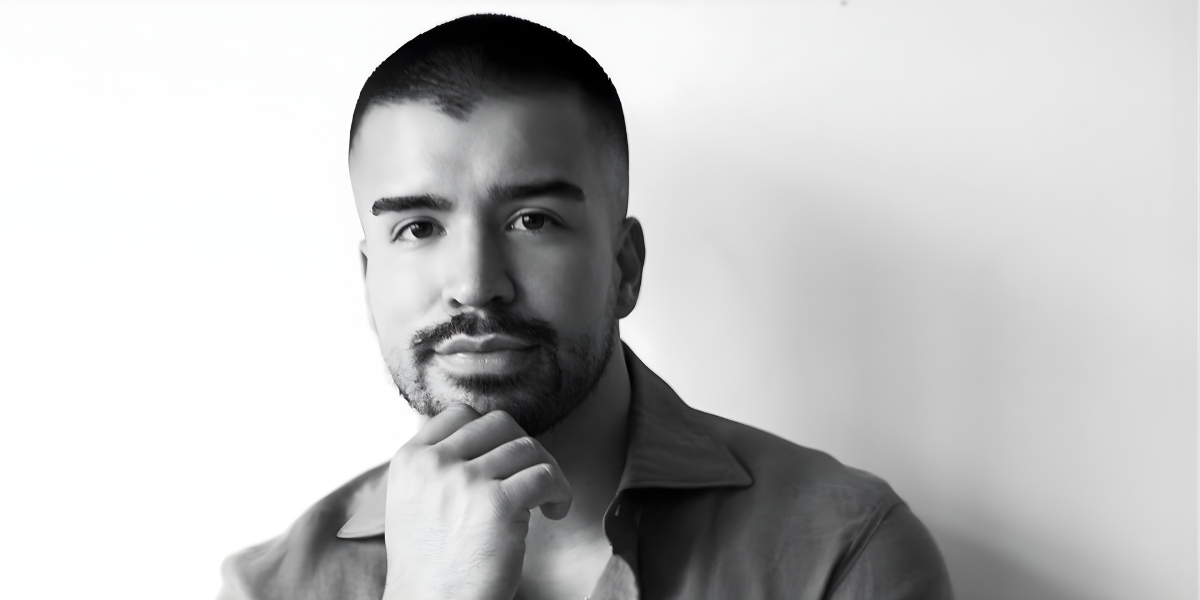In the diversity-challenged world of construction, women are and have been actively rising to the top and breaking all sorts of barriers. If you are of Asian descent, you may have encountered the bamboo ceiling, like I have. This year alone, I have witnessed first-hand the advancements we are making as an industry, and there is certainly a lot to celebrate and be proud of. This level of engagement and activity aligns with the needs of the construction industry workforce. We know that not even a global pandemic has slowed the construction industry down; in fact, we saw a huge construction boom in 2023, and economists and forecasters alike continue to remain cautiously optimistic and are predicting another strong 2024.
According to an American Institute of Architects (AIA) report from January 2023, the institutional sector is projected to stay in the growth category. The two key pillars of the institutional market are healthcare and education – both projected to have relatively healthy growth in 2024, with the healthcare market anticipated to hold with a slight increase of 3.2% and the education market at 4.6%.
The reasons?
- The healthcare market is driven by the aging baby boom population and population increases.
- The education market is playing catch up as school districts and higher education institutions race to complete modernization and upgrades in the wake of COVID-19, deteriorating facilities, and a reimagined learning environment.
All these observations say the industry continues to grow, and we need all the talent we can get our hands on. If seeing is believing, I am a true believer that the industry is finally heading in the right direction. This month alone, I got to witness not one but two women step up as Presidents of their construction organizations. One of them was my Division President, who recently assumed the role of President and CEO of the entire corporation. The first-ever woman to lead the company in its 73-year history. The second is a 25+ year construction industry veteran who has always had the potential and leadership skills deserving of the title. Both women continue to show determination, grit, and vision.
However, according to a 2023 report by the United States Bureau of Labor Statistics, of all the people working in construction, women hold only 10.9% of the construction jobs in the country. As of 2020, the Bureau of Labor Statistics estimates that women make up about one in 10 workers in the construction workforce. The sad truth is the rate of women in construction in the United States has only grown by 2% since 2011. So, while we continue to make advancements in the elevation and promotion of women, we also continue to experience high turnover rates, low minority recruiting numbers, and therefore have our work cut out for us.
As a construction industry veteran, I have had the honor of serving on four prestigious industry boards, and throughout my years of service, I have always participated closely in the service of the next generation of leaders.
Today, as the Past President of the Asian American Architects and Engineers Association (AAa/e), I am part of a newly established Mentorship Program. The program was formed to highlight those who have broken barriers to allow the next generation of minorities to emulate those actions to get to the next step in their careers. Simultaneously, I am also serving as a Mentor on the Society for Marketing Professional Services – LA Chapter (SMPS-LA) mentor-mentee program. Both programs aim to provide guidance for young professionals and mid-level career individuals to help them better prepare so they can embrace and lean into the next pathway of their careers.
These mentorship programs exist to create an inclusive and multigenerational workplace.
As with any traditional form of mentoring, I find myself centered around many of these protégés (mostly women), and in doing so, I am discovering a common theme despite their age, ethnic background, position in the company and tenure. Through this process and from their questions, I am obtaining real insight into their concerns, day-to-day challenges, and aspirations to wanting to be seen as a valued team member of their organizations and, mostly, how much they would like to thrive in a highly male-dominated industry. As a woman in this industry with almost 20 years of experience, I continue to be astounded by this far too common question.
How do I find my voice when I am the only woman in the room?
For me, it is an age-old question and one that I am more than happy to respond to.
First and foremost, I applaud them for even asking the question as I derive from it, their eagerness to express their knowledge and perhaps expertise on a specific issue. Two, their willingness to be seen and heard, all positive attributes.
But I remind them that having a voice also comes with responsibility, which typically catches them by surprise. Because having a voice means….
- You have something of significance to share and are bringing value to the discussion (typically in the form of an idea, a solution, or insight)
- What you say and how you say it sets the stage for how others will perceive and receive you
- You have created a platform and an environment for you to shine.
And if you give yourself the courage and permission to have a voice when it adds value, builds trust and credibility, and creates positive outcomes, when done repeatedly, over time, you will, like I did, discover your voice even though you are the only woman in the room.
I am also frequently asked this question by my peers.
What should the construction industry be doing to improve Diversity?
Basically, how do we align our Diversity needs to our projects and clients’ needs?
Here is what I offer,
- Focus on qualifications and soft skills.
- Align your diversity shortfalls with the recruiting strategy.
- Engage and activate the company culture (seeing is believing concept)
- Hire and hold leaders accountable and committed to DEI initiatives.
- Choose to see us as individuals deserving of equal opportunity in pay, positions, and platforms to prove ourselves.
From a business revenue perspective, here’s data that reinforces why diversity and inclusion matter.
- 75% of clients say they are more likely to do business with a company that is diverse. (Pew Research Center)
- Companies with more diverse workforces are 35% more likely to be financially successful. (McKinsey & Company)
- Companies with more women in leadership positions are 15% more likely to outperform their competitors. (McKinsey & Company)
Lastly, the word “Diversity” is not a trend; it is a movement, and things are certainly shifting. In today’s competitive and dynamic environment, we should not be waiting for the next Request for Proposal (RFP) requirement to define our diversity goals or standards.
If the desire is to stay ahead of the game, shouldn’t we genuinely, as an industry, be the ones driving the change?
ABOUT THE AUTHOR
With 18+ years of construction industry expertise, Dianne Lee is the Executive Director of Business Development and Strategy for Kitchell. She is also the author of Leveraging Stereotypes to Your Advantage. A self-documented journey of Dianne’s path to America as an Asian immigrant and how she is actively representing the construction industry, written with the purpose of inspiring – igniting – empowering and uniting all women to achieve greater equality in the workplace. She is an enthusiastic industry advocate and has been credited with multiple billion-dollar contract awards both nationally and internationally. As a construction industry influencer, she highlights the contributions of women and minorities in a highly male-dominated industry. She herself has successfully conquered social and gender stereotypes in the industry and has consistently set an example for the next generation of minority women by creating a path for them. Dianne is a Certified Diversity, Equity, and Inclusion Leader (CDEIL) and Certified Business Management Expert (CBME)





